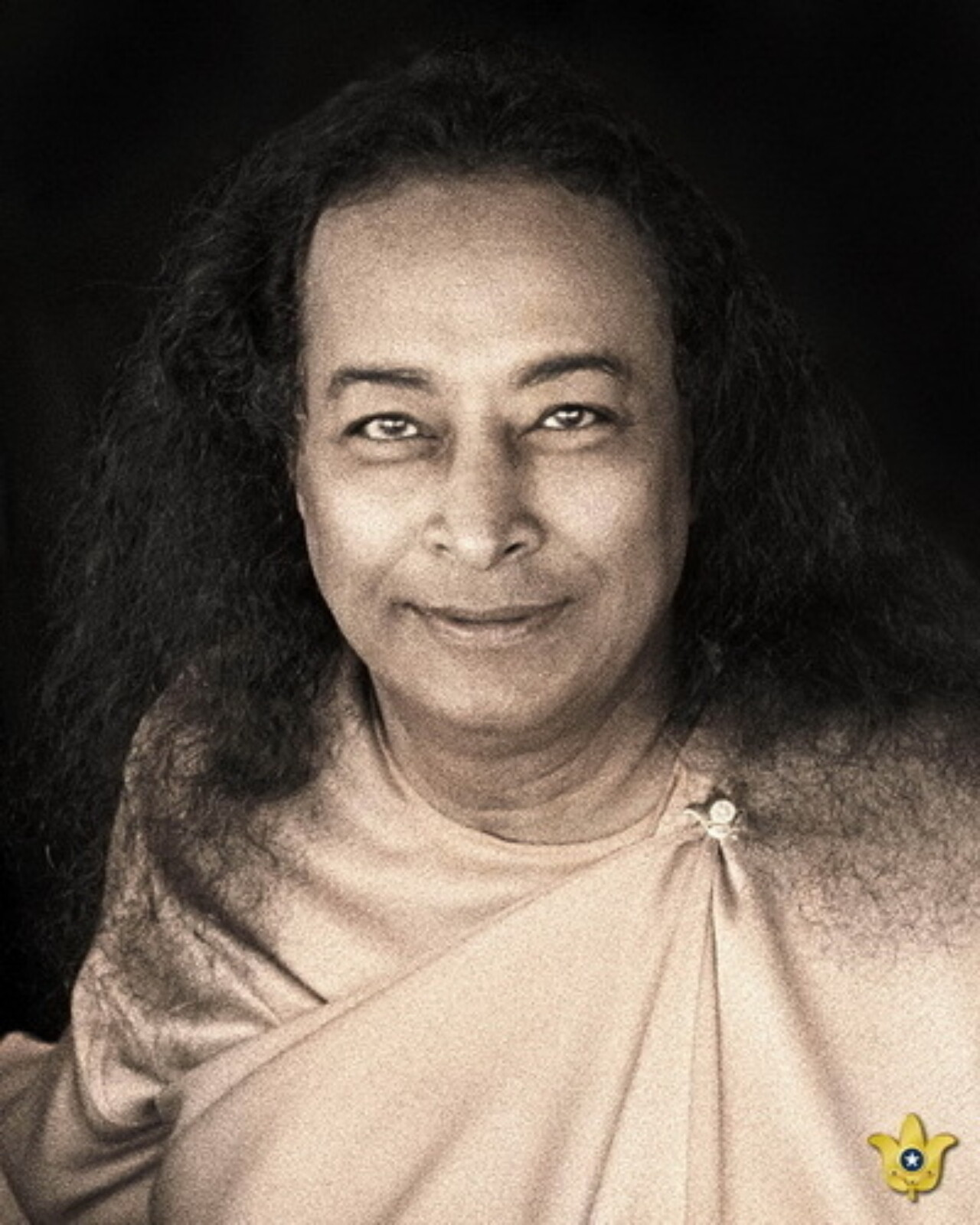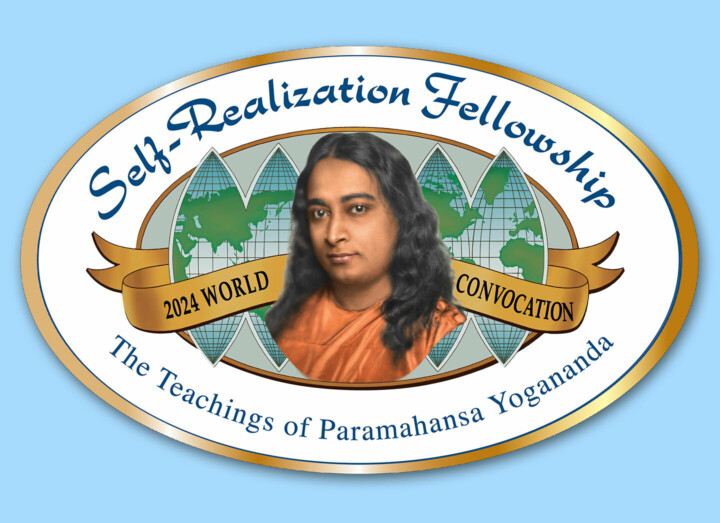India’s immortal scripture of yoga, the Bhagavad Gita, lists “forgiveness” (kshama) as one of the twenty-six ennobling qualities of the soul.
The holy season of Easter is an excellent time to gain fresh inspiration from this life-transforming practice. Paramahansa Yogananda referred to Jesus Christ’s words on the cross, “Father, forgive them, for they know not what they do,” as “the mightiest miracle of love.”
But in certain circumstances when we have been hurt, the thought of forgiveness can feel very far away and foreign to how we may see ourselves.
As yogis, can we choose to adopt an attitude of forgiveness as a definite yogic practice? By doing so we won’t lose but deepen our sense of self. Can you imagine forgiveness as a way to expand further into the divine peace, love, and joy of the higher Self with trust and relaxation, just as you aim to do in meditation?
We hope that you can use this page as a resource to draw from Paramahansa Yogananda’s universal wisdom a balanced approach to practicing forgiveness.

From the talks and writings of Paramahansa Yogananda:
When you forgive, you are in spiritual consciousness.
It is all right not to become a doormat, letting others trample upon you. It is good to be firm, stoically resisting ill treatment; but at no time should you lose your inner calm attitude of forgiveness and understanding, and your unruffled mentality.
“One should forgive, under any injury,” says the Mahabharata. “It hath been said that the continuation of the species is due to man’s being forgiving. Forgiveness is holiness; by forgiveness the universe is held together. Forgiveness is the might of the mighty; forgiveness is sacrifice; forgiveness is quiet of mind. Forgiveness and gentleness are the qualities of the Self-possessed. They represent eternal virtue.”
Jesus demonstrated in his every act of ministering to the sick and forsaken, and in the consummate sacrifice of his body to alleviate the sins of many, the incomparable love of God that is an infinitude of mercy and forgiveness. The paramount meaning of the birth of Jesus is the forgiveness of God.
When anger comes, set your machinery of calmness in motion to manufacture the antidotes of peace, love, and forgiveness, which banish anger.
The aspiring yogi should always bear in mind, when he feels angry, “That is not me!” When his self-possession is being overpowered by lust or greed, he should say to himself, “That is not me!” When hatred tries to obscure his real nature with a mask of ugly emotion, he should forcefully dissociate himself from it: “That is not me!” He learns to shut the doors of his consciousness against all undesirable visitors seeking lodging within. And whenever that devotee has been used or abused by others, and yet he feels within a stirring of the holy spirit of forgiveness and love, he can then affirm with conviction, “That is me! That is my real nature.”
On the “Forgiveness” webpage you can dive into more inspiration from Paramahansaji on how to think about and employ forgiveness in your life. There you will also find an affirmation to practice and suggested reading for further exploration. Like all spiritual goals, it’s a deep subject and best learned one step at a time.





Leave a comment
Any teachings on self-forgiveness?
[Comment marked as inappropriate]
[Comment marked as inappropriate]
[Comment marked as inappropriate]
[Comment marked as inappropriate]
Respectfully, I believe they did not understand the spiritual effect of what they were doing. Of course their actions were intentional but they did not realize that they were hurting and killing an avatar and savior, let alone a child of God like all of us, and that they must suffer to learn that truth. When we hate others we are hating ourselves, as we are all one. His haters thought they had won, but instead it became a shinning victory that will last until eternity. Jai Jesus Christ, the most merciful and loving!
[Comment marked as inappropriate]
Beautiful Words from a Bright Beautiful Soul. ✨🌸✨
Thank you for the Reminder